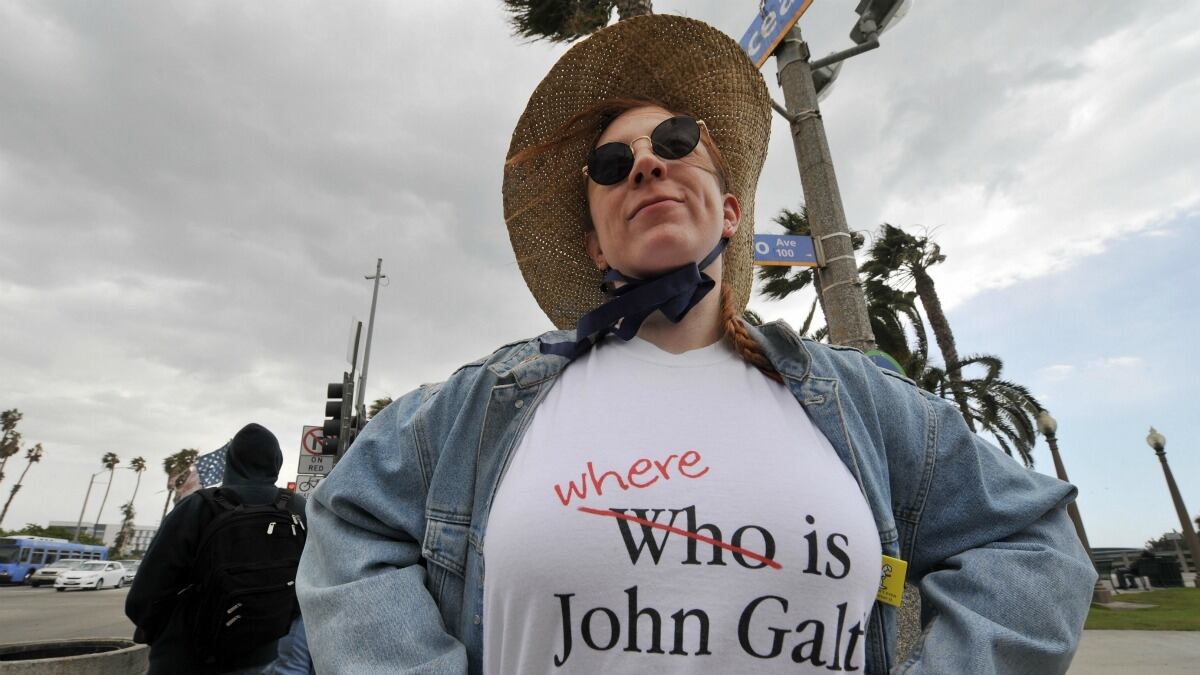
Conservatives often make the case that the best way to gather more taxes is to have lower tax rates. Yet, according to Bruce Bartlett's column today on the New York Times' Economix blog, the evidence conservative economists cite can actually lead to the opposite conclusion.
Bartlett starts with a column by Allan Meltzer which argues that higher taxes don’t reduce income inequality. Bartlett then takes this argument to its logical conlcusion:
Leaving aside the fact that the ultrarich have gained far more in the United States than any other country in [Meltzer's] sample and that there is no upward trend at all in the Netherlands, he seems to have missed an important implication of his own conclusion.
ADVERTISEMENT
If the rich are going to continue to get richer in low-tax countries and high-tax countries alike, then it must mean that high tax rates have far less of a disincentive effect on the rich than conservatives like Professor Meltzer continually proclaim.
The example of the Netherlands is a powerful example to cite. High tax rates do not directly curb economic growth to a degree anywhere near what many movement conservatives claim. Reverting to Reagan-era tax rates for highest income earners (around 39.6%) will probably not cause the rich to immediately start hoarding all their treasure. Bartlett dismantles the conservative arguments that imply that it would:
However, one never sees conservatives cite any empirical evidence in support of their contention. It is simply asserted as self-evident that the rich will go on strike, as they did in Ayn Rand’s famous novel, Atlas Shrugged, even though the nation clearly did quite well during times when the top income tax rate was far higher than it is now.
If we're serious about solving the long-term U.S. deficit, one solution would be to let the Bush tax cuts expire and to raise the tax rates for the highest earners. Bartlett, who served policy roles in the Reagan and first Bush administrations, reminds us that under previous Republican administrations, tax rates topped out at much higher levels than today. The fact that federal income tax brackets are at their historical lowest should compel us to think about at least modestly raising them, rather than the current conservative ethos of even greater across-the-board tax cuts:
No one is suggesting that the United States go back to the top rate of 50 percent that prevailed during most of Ronald Reagan’s administration, let alone the 91 percent rate of Dwight Eisenhower’s. But it’s clear that there is going to be continuing pressure to raise rates on the wealthy as long as the budget deficit remains a problem.





